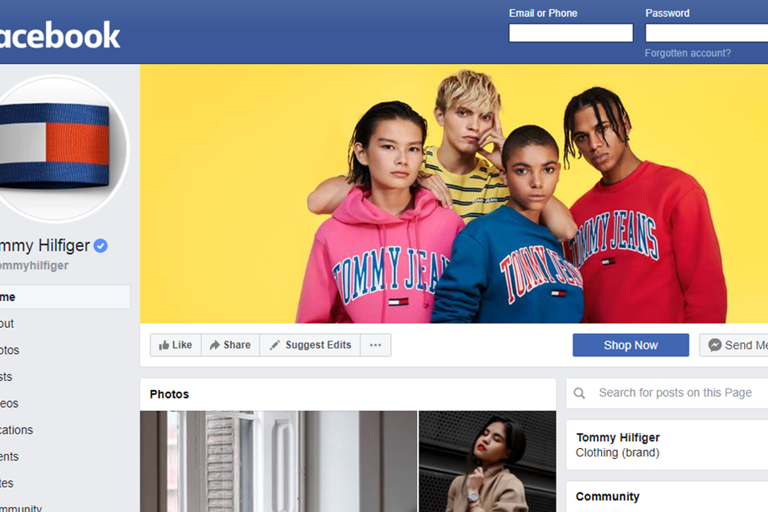
NO LIABILITY EXEMPTION FOR FACEBOOK
18 January 2019
Recently, the Court of Amsterdam has ruled in preliminary relief proceedings that Facebook must take more appropriate measures to prevent counterfeit products being displayed in adverts on social media platforms Facebook and Instagram. This judgment is the result of action taken by PVH Europe in relation to counterfeit products being offered via Facebook and Instagram.
PVH Europe is one of the largest apparel companies worldwide and manages several well-known brands, such as Tommy Hilfiger and Calvin Klein. PVH is continuously faced with counterfeit products causing serious detriment to the reputation of its brands. In these preliminary proceedings, PVH Europe as well as Tommy Hilfiger Licensing and Tommy Hilfiger Europe (hereinafter jointly referred to as PVH) have applied to the court to grant injunctive relief based on inter alia a trademark infringement and/or unlawful conduct by both Facebook Ireland and Facebook Netherlands.
Facebook, as an online social media platform, enables its users to place paid adverts on both Facebook and Instagram. Facebook has published its own advertising policies providing guidance on the approval of types of adverts. All adverts will be reviewed by Facebook itself to make sure these adverts meet these advertising policies. Adverts not complying with these policies will not be approved nor actually shown to the platform users. Adverts must inter alia not contain content that infringes on or violates the rights of any third party, including copyright, trademark or other proprietary rights.
In spite of the policies in place, hundreds of adverts containing counterfeit Tommy Hilfiger products were apparently approved and shown on both Facebook and Instagram. These alleged infringing adverts have been removed by Facebook further to notices of infringement by PVH. Removing the adverts as such did not solve PVH’s problem at all, because new adverts kept on coming back. As a result thereof PVH decided to start preliminary proceedings to get a judgment about the scope of the safe harbour Facebook was relying on, and to force Facebook to do more to protect PVH’s intellectual property rights.
According to PVH, Facebook has been providing an opportunity for its users to infringe upon PVH’s trademark rights, such as its Benelux mark TOMMY HILFIGER. By not taking the necessary measures to prevent further infringements by its users, Facebook should be considered to have infringed upon these rights itself. Alternatively, PVH argues that Facebook should be held liable for not taking further action and implementing further reaching measures.
Facebook opposes the fact that it may be held to do more extensive research than its current policy already imposes it to do, and denies any and all liability.
The court has ruled that Facebook cannot invoke the ‘exemption provision’ of Article 14(1) of the Directive 2000/3 on electronic commerce. This article provides an exemption from liability for intermediate service providers for information stored by a third party of the service. Also online marketplaces could function as intermediate service providers as described in Article 14(1) of the e-Commerce Directive, provided that there must be a clear distinction between online marketplace operators that simply set up a passive application for buyer and seller to use, and the online marketplace operator that actively engages in the process. This active role presupposes that the operator obtains either knowledge or control over the information (i.e. an infringing advert). Based on its adverts policies Facebook apparently obtains control over the infringing adverts and plays an active role of such kind, and can therefore not claim exemption.
In general, the court has reasoned that Facebook is obliged to take the measures necessary – taken into account what reasonably can be expected - to prevent both current and future infringements through adverts on its platforms. By lack hereof Facebook could be held liable under tort law.
With regard to the adverts at stake the court considered that all current measures and policies in place were to be deemed insufficient and ineffective, now all contested adverts kept popping up again. Facebook was thus ordered by way of injunctive relief to act proactively and take immediate action in relation to certain types of adverts depicting Tommy Hilfiger counterfeit products.
The judgement contains a list of characteristics which enables Facebook – according to the statements of PVH – to recognize which adverts/goods would infringe upon PVH’s trademarks. Facebook is ordered – on forfeiture of a penalty of € 10.000 per day with a maximum of € 2.000.000 - to prevent adverts meeting these criterion will be posted on its platforms.
The presiding judge reasoned that Facebook could not be considered to have directly infringed upon claimants’ trademark rights in the present circumstances. The reason is twofold: Facebook has policies in place preventing and prohibiting infringing content, and will take immediate action to remove alleged infringing adverts when notified hereof.
It goes without saying that this is good news for brand owners, but for sure Facebook will appeal this decision. Proceedings on the merits shall prove to be necessary to get a final judgement concerning the obligations for Facebook in removing and preventing infringing content.
The (Dutch) judgment can be found here: https://uitspraken.rechtspraak.nl/inziendocument?id=ECLI:NL:RBAMS:2018:9362
Want to know more? Please contact:

Post Now, Pay Later: Sued for Posting a Photo of Yourself

LXA ATTORNEYS ACCOMPANIES RECORD NUMBER OF TRANSACTIONS IN 2024

LXA Attorney Gie van den Broek has contributed to the October 2024 ECTA Bulletin report

LXA Attorneys Joins Unifab’s College of Experts

Post-Brexit exhaustion of trademark rights: what you need to know!
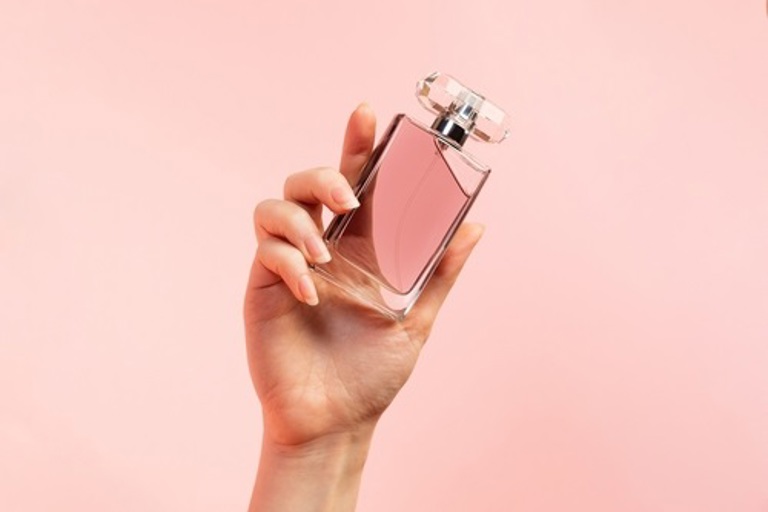
LXA wins lawsuit against counterfeiters for Coty
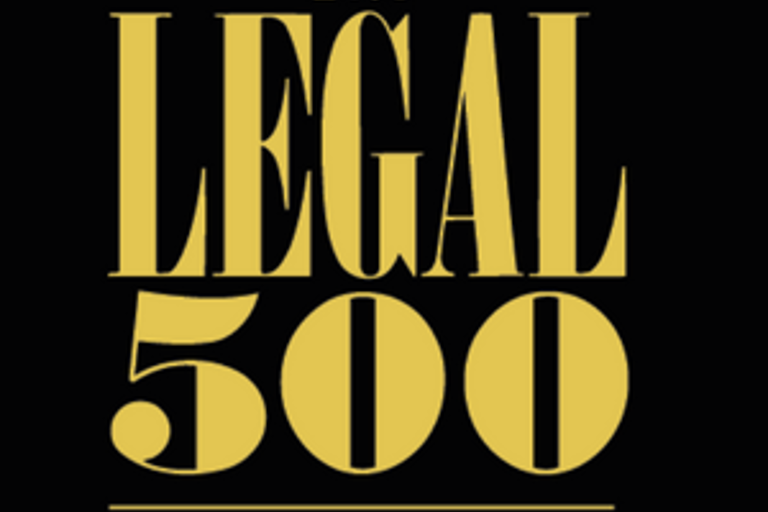
Team franchise Exclusive Contributor 2023 Legal 500
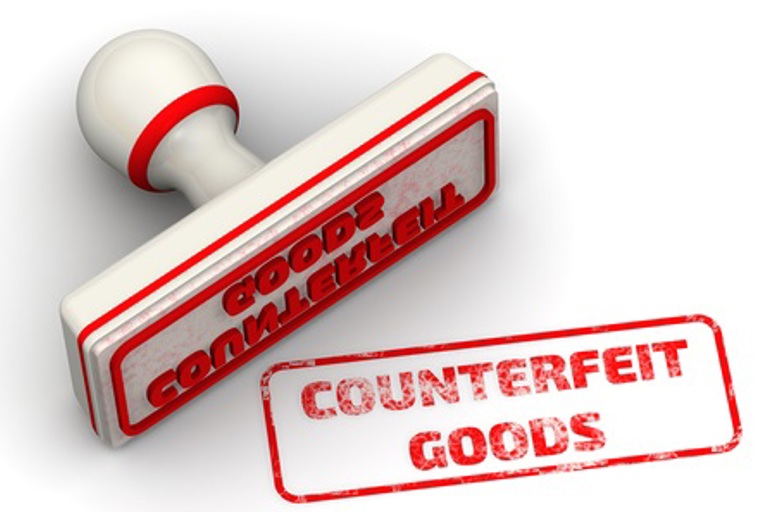
Amsterdam Criminal Court Rules Against Counterfeiters Accused of Habitual Money Laundering (1)
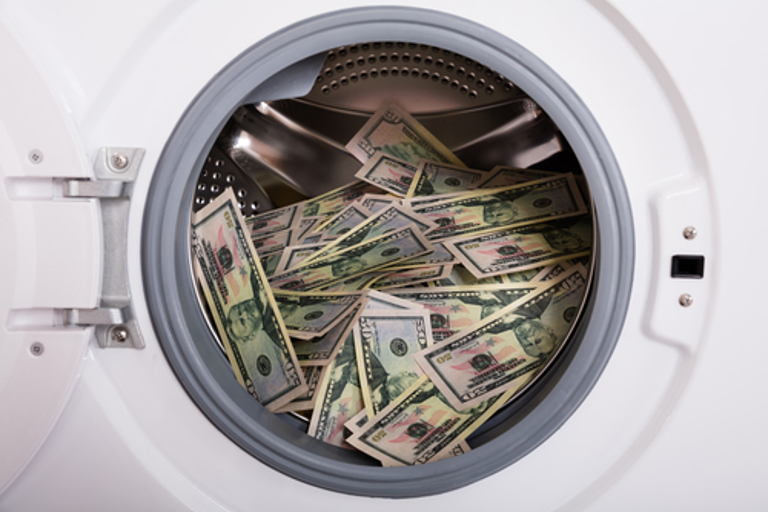
Amsterdam criminal court rules against counterfeiters accused of habitual money laundering

